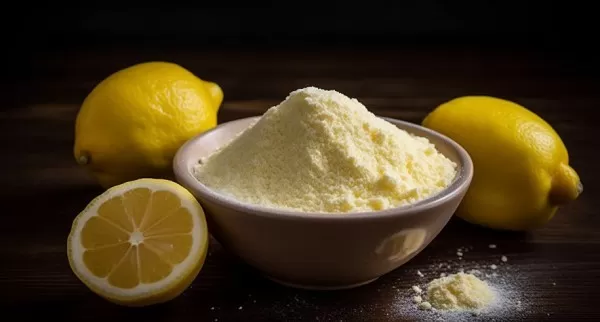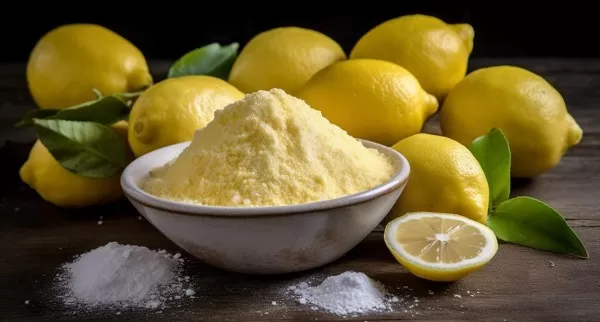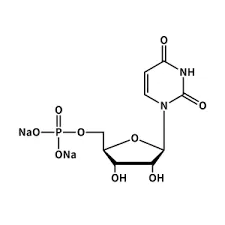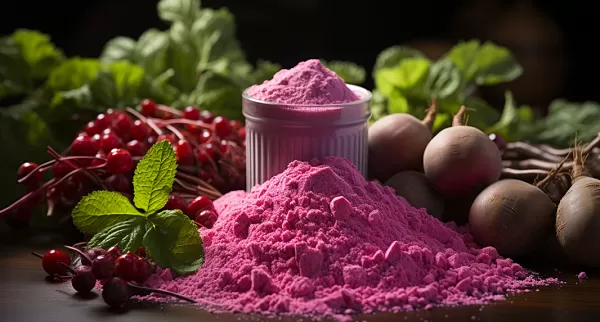We have five factories and 23 years of experience in plant extracts
- 0086-571-85302990
- sales@greenskybio.com
What benefits can the best Chinese Lycopene bring to the manufacture of health products
2023-06-26
Lycopene is a plant extract widely used in different industries and fields.
As a professional plant extract manufacturer, today we will focus on analyzing the action, efficacy and application of Lycopene.
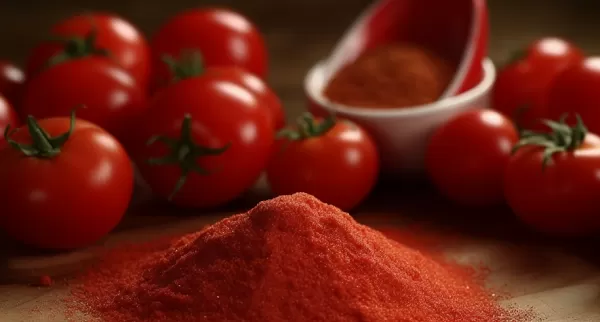
| Industry | Application | Comparison with Other Products |
|---|---|---|
| Food Industry | Lycopene is used as a natural pigment in various food products, including condiments, beverages, jams, candies, canned food, and meat products. | Lycopene vs. Red No. 40 (artificial coloring): Lycopene is a natural pigment with proven health benefits and powerful antioxidant properties, while Red No. 40 may cause allergic reactions and behavioral effects. Lycopene vs. Yellow No. 5 (artificial coloring): Lycopene provides a natural red color and offers antioxidant benefits, unlike Yellow No. 5, which can cause allergic reactions and other health issues.Lycopene vs. Anthocyanins (natural pigments): Lycopene remains stable under heat and light, unlike anthocyanins, which tend to lose their color. Lycopene also provides a vibrant red color. Lycopene vs. Carotene (natural color): Lycopene has better stability and stronger antioxidant properties compared to carotene, which tends to fade under heat and light. |
| Nutritional Supplements | Lycopene is widely used in nutritional supplements and health products for its antioxidant properties and potential health benefits. | Lycopene vs. Vitamin C: Lycopene is more stable and has stronger antioxidant capacity compared to vitamin C, making it effective in resisting free radical damage and delaying aging. Lycopene vs. Squalene: Lycopene has a wider source and antioxidant effects, giving it a broader application prospect compared to squalene. Lycopene vs. Amino Peptides and Hyaluronic Acid: Lycopene not only has antioxidant effects but also protects the skin from environmental stressors, providing broader anti-aging benefits compared to amino peptides and hyaluronic acid. |
| Cosmetics and Personal Care Products | Lycopene is used in skincare products, facial masks, hair care products, and lipsticks for its antioxidant and skin health benefits. | Lycopene vs. Parabens (preservatives): Lycopene enhances product stability without adverse effects on the skin, unlike parabens that may cause skin sensitivity and disrupt the natural microbial balance. Lycopene vs. Silicone: Lycopene provides antioxidant and moisturizing effects without preventing the skin from breathing or causing clogged pores like silicone. Lycopene vs. Lightening Ingredients (such as Oxybenzone): Lycopene protects the skin from free radical damage, an important factor in skin aging and pigmentation, without causing skin sensitivity like lightening ingredients. |
| Pharmaceutical Industry | Lycopene is being studied for its potential benefits in cardiovascular disease, cancer, eye disease, osteoporosis, and more. | Lycopene vs. Antioxidant Vitamins: Lycopene exhibits stronger antioxidant activity compared to vitamins C and E, which may contribute to its potential benefits in cardiovascular disease. Lycopene vs. Other Cancer Drugs: Lycopene shows potential in inhibiting the growth of cancer cells and inducing apoptosis, making it a subject of interest in cancer research. Lycopene vs. Other Eye Disease Medications: Lycopene may help prevent and slow the progression of age-related macular degeneration (AMD) more effectively than other medications.Lycopene vs. Other Osteoporosis Drugs: Lycopene may contribute to protecting bone health and preventing osteoporosis, as evidenced by studies showing its association with reduced hip fractures. |
As the best quality plant extract manufacturer and supplier in China
Our company ensures the highest quality and purity of Lycopene from pure natural citrus fruits following a meticulous extraction and production process. We firmly believe that high-quality raw materials and meticulous workmanship are the basis for the superior performance of our products.
-
citrus bioflavonoids benefits
2023-06-26
-
citrus bioflavonoids extract
2023-06-26
Get a Quote





